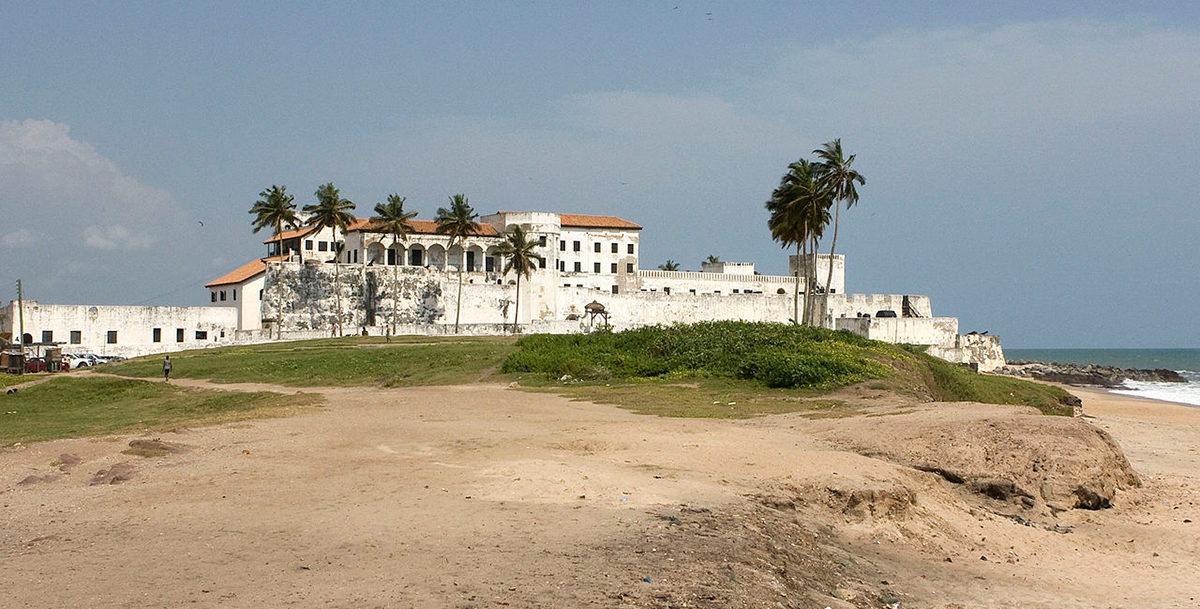(Image credit: Wikimedia Commons. Photo of Elmina Castle today. While Elmina would later become an infamous slave trading fortress, it was originally founded to control the West African gold trade. A Malian army may have besieged the fortress in the 16th century in order to oust the Portuguese from the coast)
Gold was the lifeblood of the Malian state. And controlling the sources – and more importantly the trade – of gold was crucial to Mali’s survival.
But a series of weak kings in the 14th century made control over that trade much harder. So when northern provinces went into revolt, the Mansas had to turn elsewhere – but their southern and western expansion coincided with the arrival of a new player on the scene, the Portuguese.
Conflicts over the gold trade rose and fell, but the importance of gold to Mali meant that control over the Akan goldfields and the sale of their gold was a life and death matter for the Mansa’s kingdom.
But ultimately, neither side came out on top in the end – and Mali’s fate was just about sealed.


